Chinese consumers are gradually paying more attention to bananas imported from the Vietnamese market.
The Import and Export Department (Ministry of Industry and Trade) cited statistics from the Chinese Customs Administration, saying that in the first two months of 2024, the import value of bananas (HS code 0803) into China reached 336.9 thousand tons, worth 159.9 million USD, up 6.1% in volume, but down 17.2% in value compared to the same period in 2023. The decrease in value was due to the average import price of bananas in the first two months of 2024, down 21.9% compared to the same period in 2023, at 474.5 USD/ton.
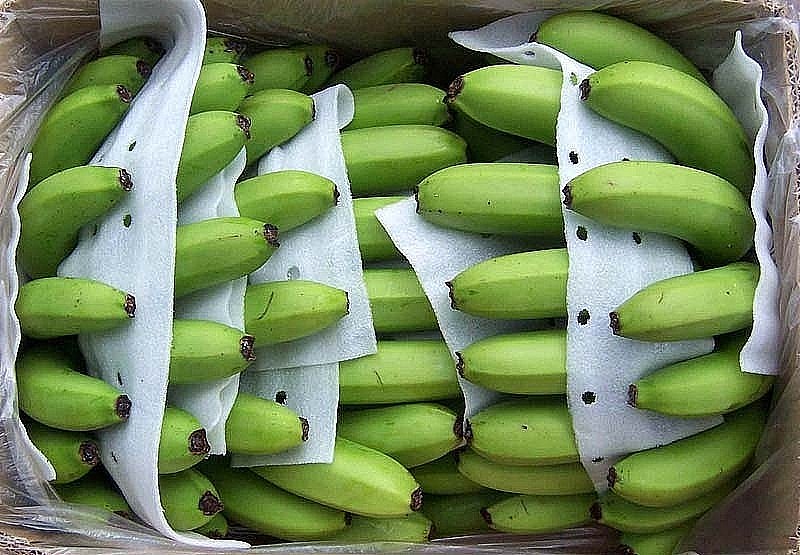 |
Banana Exports: Positive Signals from the Chinese Market |
The peak banana sales season in China lasts from February to March each year. This year, due to the late harvest in China due to weather conditions, the peak banana import season is expected to last until April 2024.
In 2024, low Philippine banana production pushed prices up, creating a significant price gap with Vietnamese bananas. Previously, Philippine bananas were highly appreciated for their flavor, but this season's quality is not as expected, while the quality of Vietnamese and Cambodian bananas has improved. Chinese consumers are gradually paying more attention to imported bananas from the Vietnamese and Cambodian markets.
According to statistics from the China Customs Administration, in the first two months of 2024, Vietnam surpassed the Philippines to become the largest banana supplier to China, reaching 173.5 thousand tons, worth 70.3 million USD, up 21% in volume and 1.4% in value, accounting for 51.5% of China's total banana imports, up 6.4 percentage points over the same period in 2023.
The average imported banana price from Vietnam in the first two months of 2024 was at 405.4 USD/ton, down 16.2% over the same period in 2023 and the lowest among banana suppliers to the Chinese market.
Meanwhile, imports from the Philippines reached 64.6 thousand tons, worth 33.8 million USD, down 33% in volume and 45.3% in value, accounting for 19.2% of total banana imports, down 11.9 percentage points compared to the same period in 2023. The average price of imported bananas from the Philippines reached 524 USD/ton, down 18.4% compared to the same period in 2023.
Cambodia was the third largest banana supplier to China in the first two months of 2024, reaching 46.6 million USD, down 6.7% in volume and 35.3% in value compared to the same period in 2023. The average imported banana price from Cambodia reached 533.8 USD/ton, down 30.7% compared to the same period in 2023.
At the seminar "Connecting the international supply chain of goods 2024" organized by the Department of European - American Market (Ministry of Industry and Trade) on April 12, Mr. Yuichiro Shiotani - General Director of AEON Topvalu Vietnam Co., Ltd. - informed that last year, this group brought fresh Vietnamese bananas to 91 points of sale of supermarkets in Hong Kong (China). 100% of the fresh bananas on sale are imported from Vietnam, while previously this product was provided by suppliers from the Philippines, Taiwan or Singapore.
The reason why the group chooses Vietnamese products is because of their high quality. Banana production in Vietnam applies a circular economy model. During the planting and processing process, the production enterprise does not generate any external waste. This process meets the group's sustainability criteria. The group's banana output is expected to double compared to 2023. According to the Japanese retailer, in the current consumer trend, buyers have raised their criteria, in which, in addition to price, the product must be environmentally friendly and delivered quickly. In addition to bananas, AEON will soon purchase 100% of fresh mangoes from Vietnam instead of Thailand and the Philippines as before.
Quality control - the key to survival
In 2023, Huy Long An - a business specializing in growing and exporting bananas, reached nearly 20,000 tons with a turnover of nearly 20 million USD. The business cooperates with farmers in banana growing, farmers can rest assured that they are producing according to standards, with high productivity without having to worry about sales. The market is increasingly sustainable, growing according to standards has gained the trust of customers and the customer base is growing more and more. Therefore, along with the existing area, this business is expanding about 200 hectares of growing areas in Long An, Tay Ninh, Binh Duong, increasing output to about 25,000 tons.
'Market instability has brought farmers closer to businesses. Banana farmers certainly make a profit, but buying and selling bananas can sometimes result in a loss or a profit, depending on the season,' Mr. Vo Quan Huy (also known as Huy Long An) - Director of Huy Long An Company Limited - shared and said that in the first quarter of 2024, although the market fluctuated a lot, for businesses, prices and output were quite stable.
The results are thanks to the company having a stable customer base, purchasing about 60-70% of the banana output that the company grows. The price signed with customers is the basis for the company to purchase bananas for the people. Therefore, the output of the people is always profitable.
Mr. Vo Quan Huy said that when growing bananas for export, the important factor is the production process, and businesses must control the level of pesticide residue, not only for markets such as Japan and Korea but also for China. As long as the residue is close to the maximum allowable level, customers will respond. This is a matter that must be paid close attention to.
According to statistics from the Ministry of Agriculture and Rural Development, the country's banana output is about 2.1 million tons/year. Bananas are a fruit that can be harvested year-round. In 2021, bananas were Vietnam's third largest fruit export, after dragon fruit and mango. However, this position has now changed and given way to other fruits, including durian.
Every year, China needs to import 1 billion USD worth of bananas, of which the Philippines accounts for 50%, Cambodia 20%, and Vietnam only 16%. Mr. Vo Quan Huy said that each export market has its own criteria, there are markets with transparent information, but there are also markets with non-transparent information, so there are risks.
Exporting fruits and vegetables in general, and bananas in particular, depends not only on the export market but also on the production unit itself. If the production unit meets the standards, even if the market is difficult, the purchasing units will still choose the enterprise.
Currently, Huy Long An's main export markets are Korea, Japan, and China. According to Mr. Vo Quan Huy, in agriculture, the output can be decided by the enterprise but sometimes depends on the weather and natural disasters. Meanwhile, the selling price depends on the customer partner, so it is difficult for the enterprise to decide on increasing revenue. The solution proposed by the enterprise is partly to stabilize the market, partly to stabilize the purchase price and selling price, these two factors help the enterprise to make sure it makes a profit, and partly for the enterprise to "surf", so the enterprise will not be too risky. In other words, harmonious benefits and shared risks help the enterprise to stand firm and develop in the business and export of this type of fruit.
Source



![[Photo] Looking back at the impressive moments of the Vietnamese rescue team in Myanmar](https://vstatic.vietnam.vn/vietnam/resource/IMAGE/2025/4/11/5623ca902a934e19b604c718265249d0)


![[Photo] "Beauties" participate in the parade rehearsal at Bien Hoa airport](https://vstatic.vietnam.vn/vietnam/resource/IMAGE/2025/4/11/155502af3384431e918de0e2e585d13a)

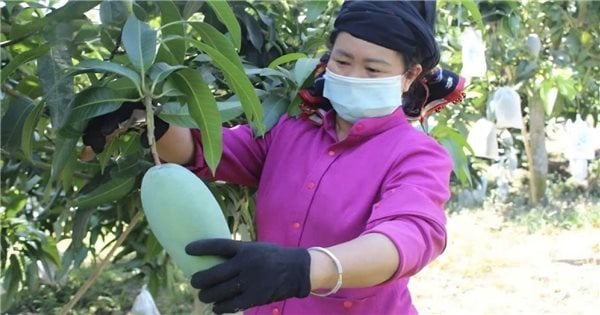

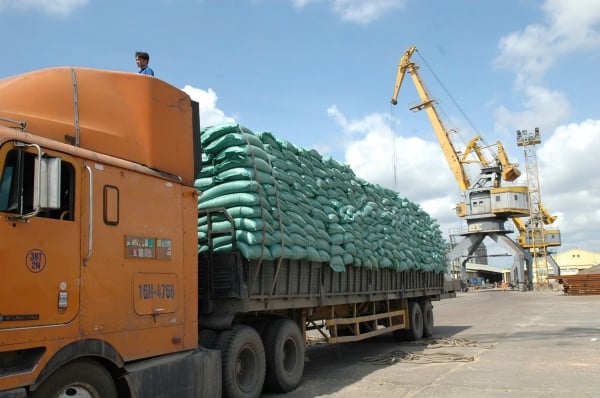
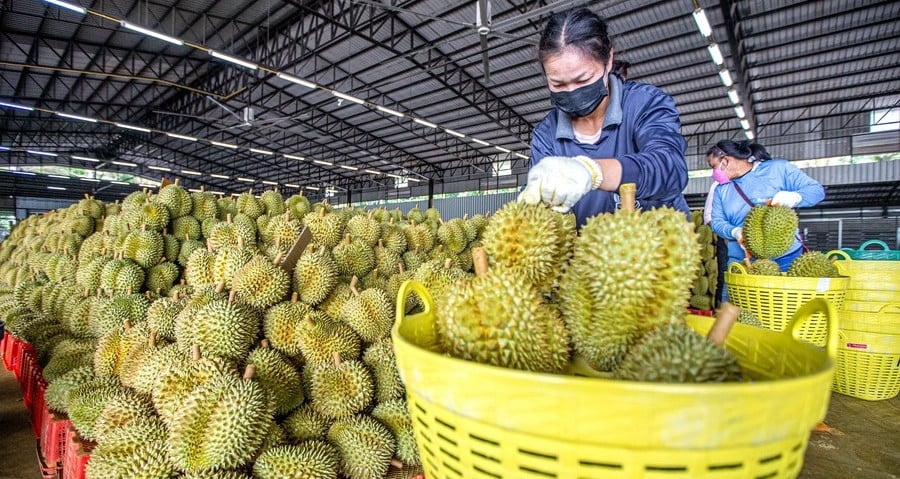


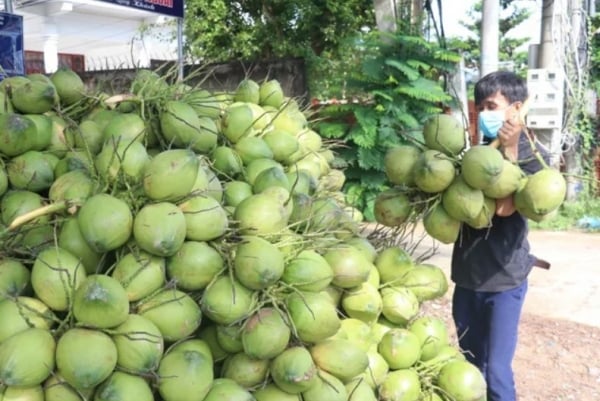
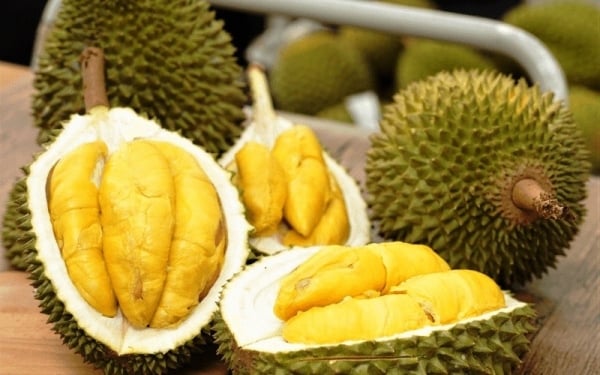





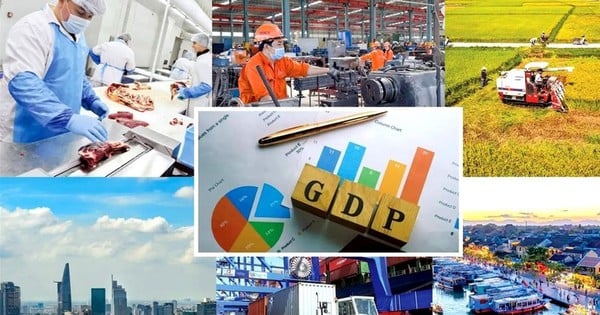


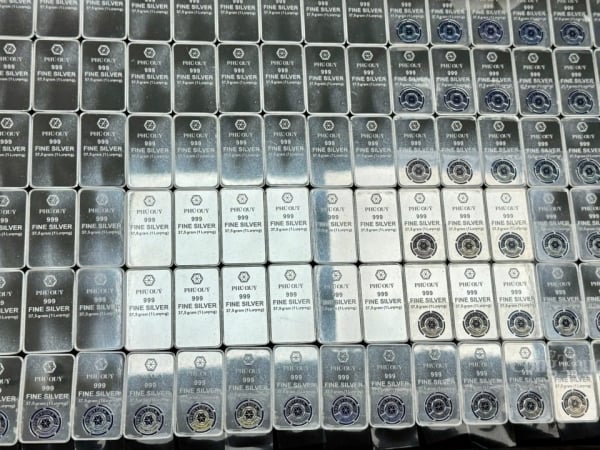
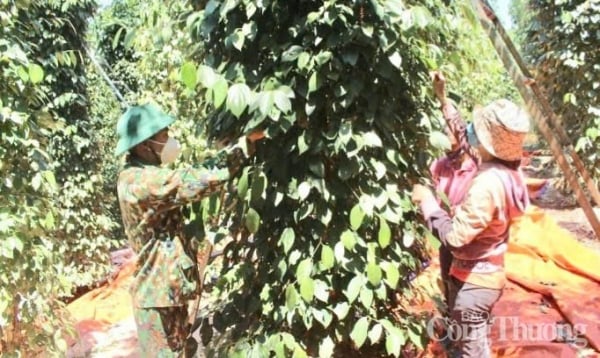
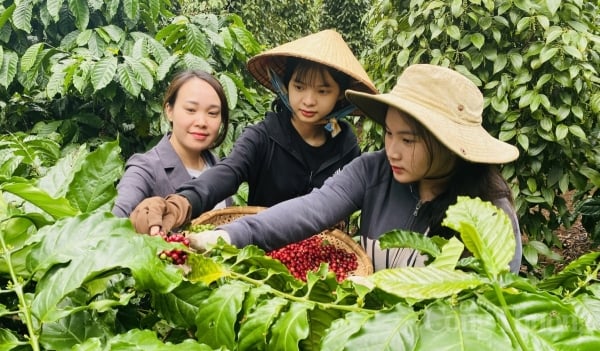
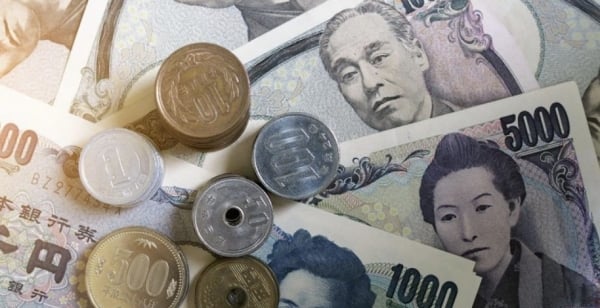
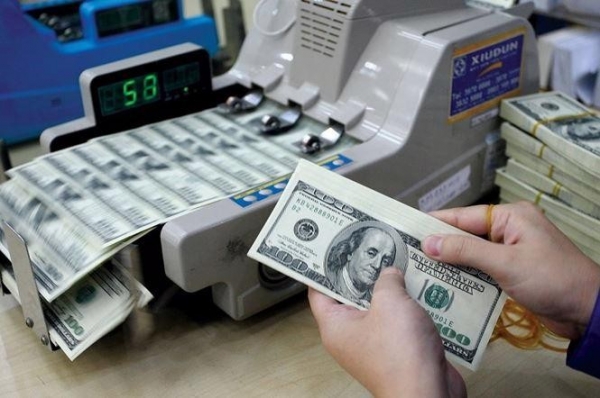


![[Photo] Summary of parade practice in preparation for the April 30th celebration](https://vstatic.vietnam.vn/vietnam/resource/IMAGE/2025/4/11/78cfee0f2cc045b387ff1a4362b5950f)





























































Comment (0)